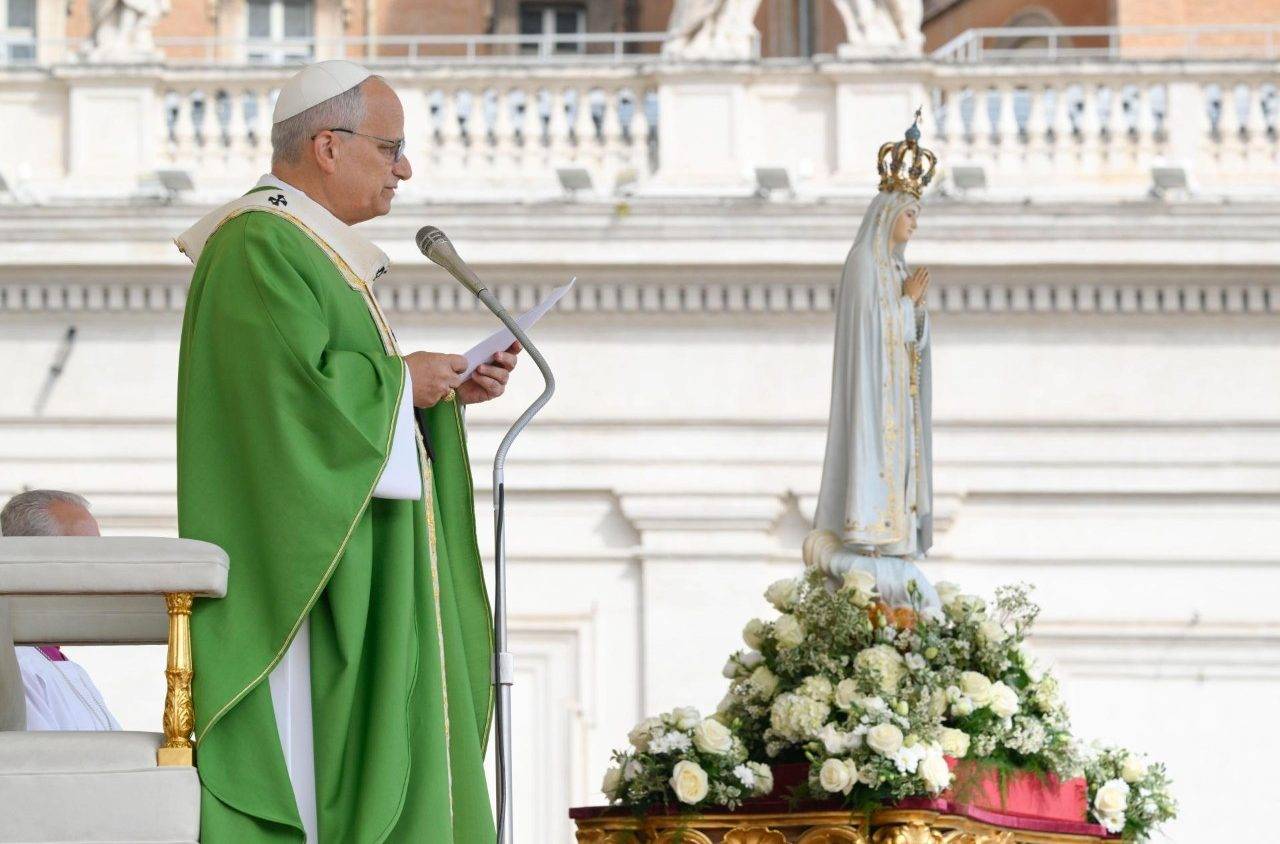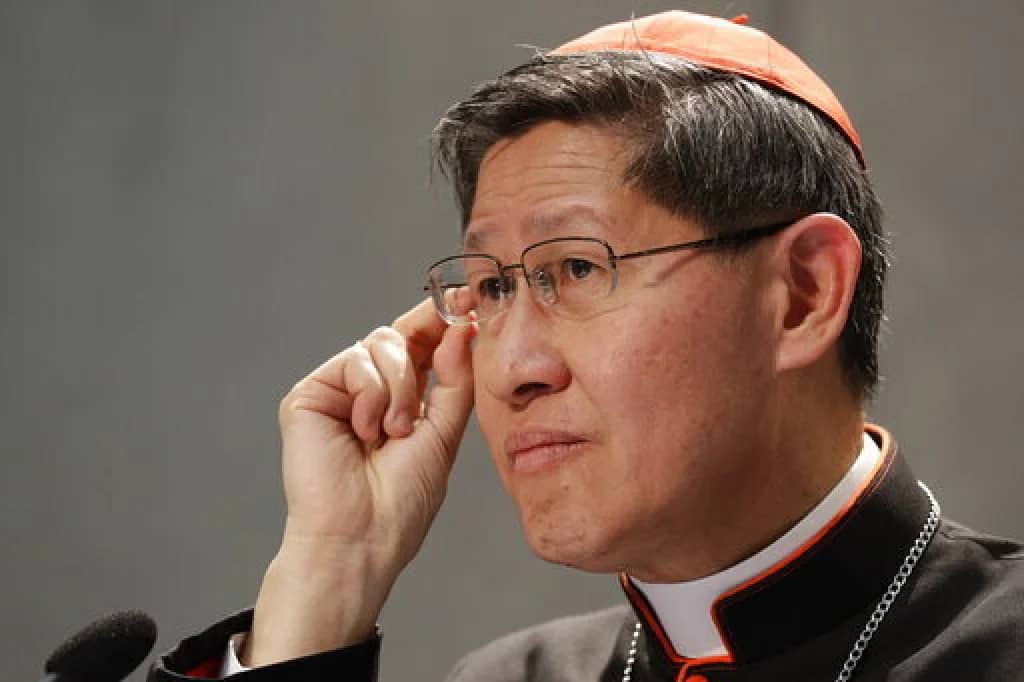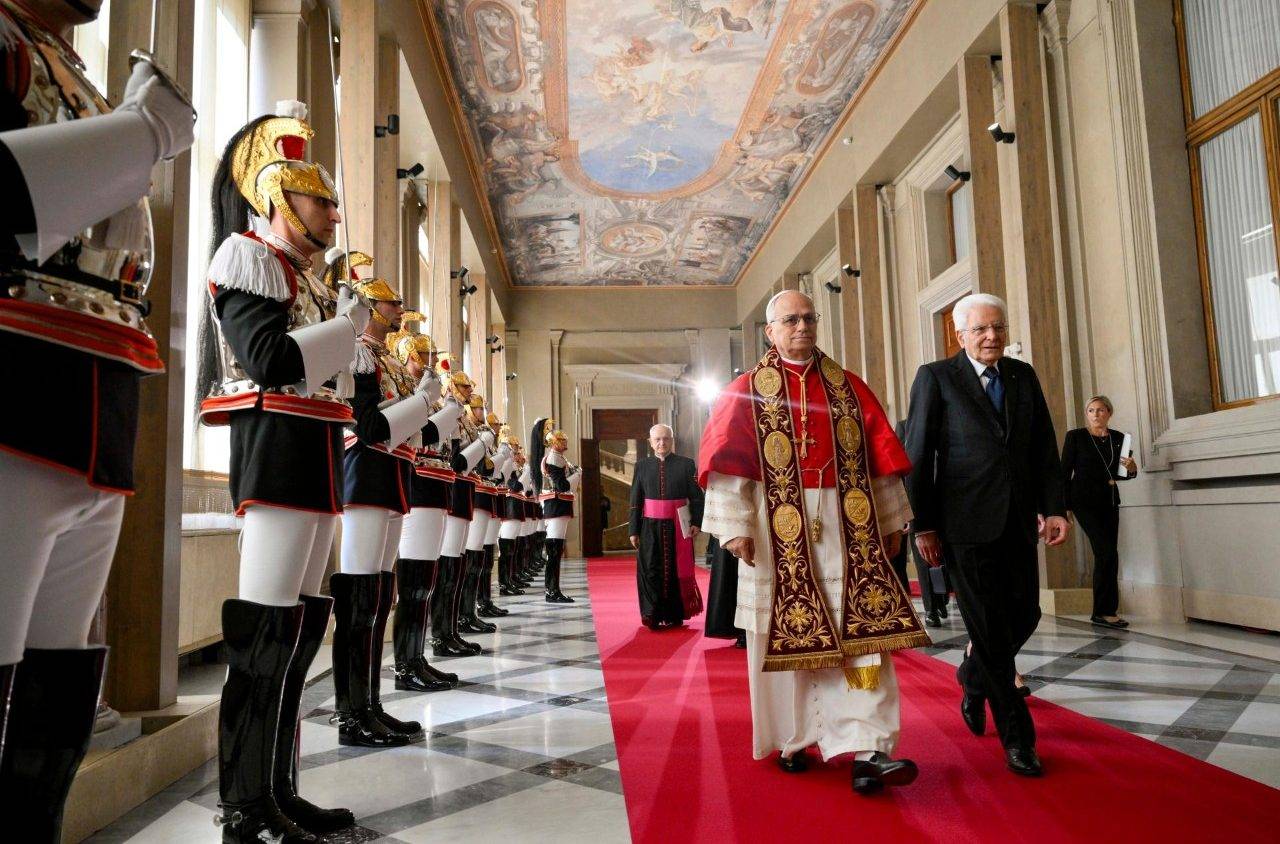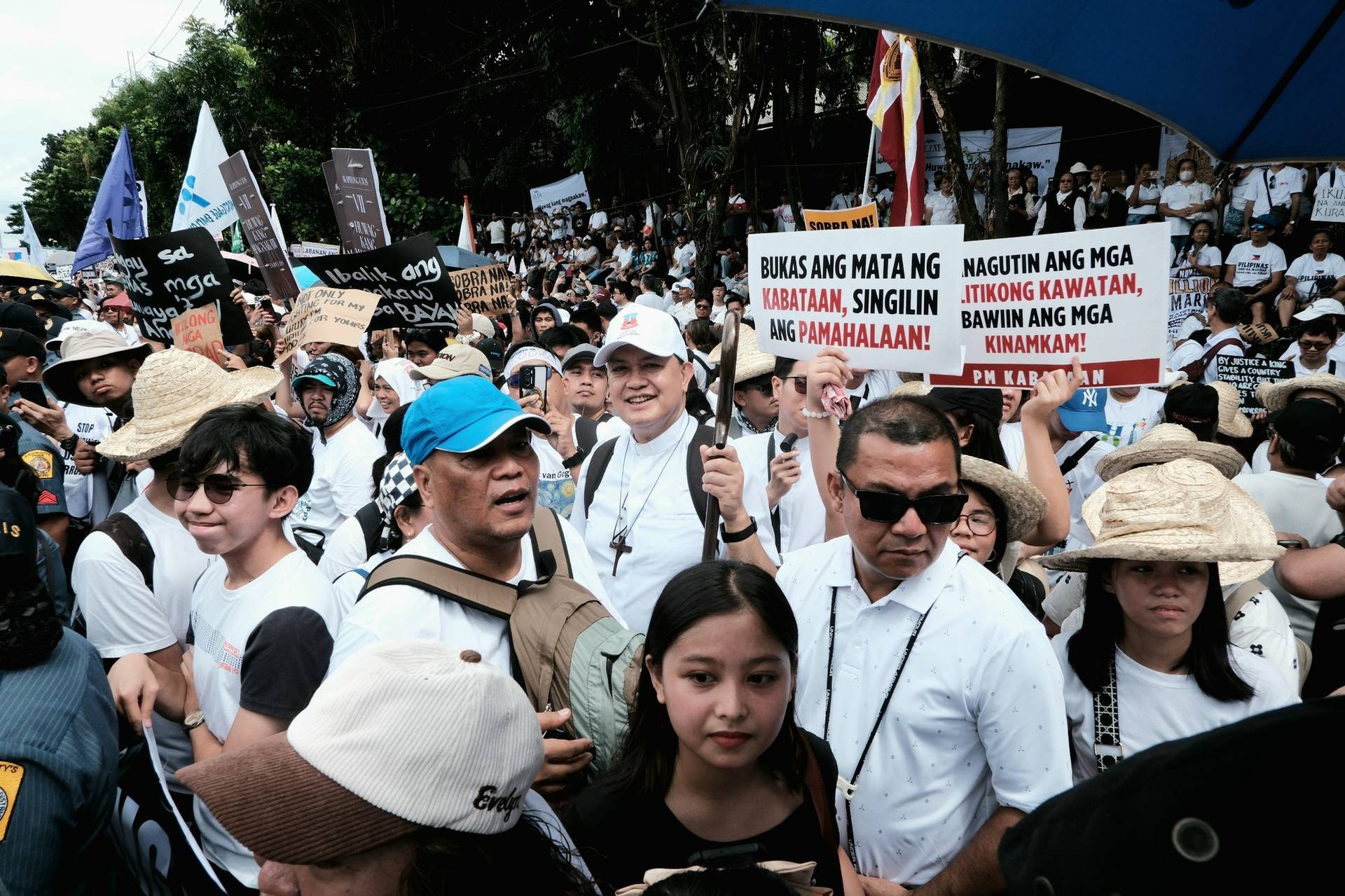California voters are set to ratify – or defeat – a state agreement to let two Native American tribes build casinos. In Colorado, residents will have to decide whether to allow slot machines, card games, and roulette at horse racetracks.
South Carolina is mulling whether to build “well-regulated, upscale” casinos in and around Myrtle Beach, while Massachusetts residents will have the chance to repeal a 2011 law permitting resort casinos to open in the state for the first time.
In deciding what to do, Catholic voters face a conundrum.
Gambling is not prohibited for Catholics, but it’s an increasingly hard sell under the pontificate of Pope Francis.
In 2011, the bishops of Massachusetts came out against the expanded gambling bill, which they said would allow “predatory” practices that had the potential to fundamentally alter communities in the Commonwealth.
But in that same letter, the bishops acknowledged that the Catholic Church does, indeed, permit “games of chance.” After all, the Church itself is involved in gambling through its well-known use of bingo games to supplement parish funding. The letter goes on to make a rhetorical plea: “We hope the citizens will recognize the difference between a local fund-raiser managed by volunteers and a multi-billion dollar industry that exploits vulnerable members of the community for financial gain.”
Bingo versus casino gambling. Merely a difference in degree? Not so fast.
The Catholic catechism addresses gambling under its broader discussion of the Seventh Commandment, “Thou Shalt Not Steal.” The Catechism makes clear that “games of chance themselves are not contrary to justice,” but adds the very strong caveat that gambling becomes morally unacceptable when it deprives “someone of what is necessary to provide for his needs and those of others.”
When it comes to the needs of others, Catholicism has some pretty strong things to say. The Catholic tradition of social thought makes it very clear that we should consider the goods we possess as not exclusively ours, but as held in common with others.
Pope Francis has echoed this point numerous times — most recently when he quoted St. John Chrysostom: “Not to share one’s goods with the poor is to rob them and to deprive them of life. It is not our goods that we possess, but theirs.”
Catholics have always had a rather ambivalent relationship with money. On one hand, the rich have been as privileged in Catholicism as they have been in any other religious tradition. The rich have access to influence and power — and also have an easier time getting annulments.
On the other hand, poverty is one of the foremost virtues celebrated within the Catholic tradition. It’s often said that the riches of the saints can be found in their poverty — and poverty is one of the vows that members of religious orders must take, along with chastity and obedience.
As far as public policy is concerned, the Catholic approach to casino gambling has usually been to ensure that it doesn’t go too far. That was the position taken by Pennsylvania’s bishops who addressed the issue of riverboat gambling by laying out the standards by which it should be regulated.
The message was simple: You can gamble, but take it easy. Do so temperately — within appropriate limits.
And this is, indeed, the default Catholic position. When it came out that former US education secretary William Bennett, author of “The Book of Virtues,” was a high-rolling gambler whose wagers were reportedly in the millions, the response was not that he, as a Catholic, was doing something wrong in and of itself, but rather that his behavior was scandalously intemperate.
But given Pope Francis’ strong stand on our obligations to those in need, it is difficult to see how to justify gambling of any kind, since the money that we might so cavalierly wager does not belong to us alone.
But if casino gambling is problematic, then so, too, is parish bingo, especially when the Catholic Church emphasizes so strongly that the poor deserve justice — not simply charity.
Of course, underlying the question of Catholics and casino gambling is the issue of to what extent — if any — Catholic values should be encoded in civil law. The Massachusetts bishops have framed the gambling question in reference to Catholic social teaching, but also within a broader context that takes into account the common good of the Commonwealth.
This is a wise step to take, given the complexity of the issues involved and the diverse constituencies of voters who will decide the gambling issue. But in the contentious debate that will surely follow, it would be appropriate for the Catholic Church itself to rethink the witness it gives regarding money — not just in the public square, but in the parish hall.
As for Catholic voters struggling to reconcile the Pope’s counsel with the sense of community and charity they enjoy at bingo (or simple fun during the occasional casino visit), it’s a very personal choice — one that depends on a well-formed conscience that addresses a number of questions:
What are the needs of my community or family? How does gambling relate to those needs? Does a wager won come at someone else’s expense?
Most fundamentally, the question of gambling calls us to reflect upon our often-confused attitudes toward money and how our possessions may serve the common good, and not just our own whims and fancies.
Mathew N. Schmalz is associate professor of religious studies at the College of the Holy Cross in Worcester, Massachusetts, where his research and teaching focuses on global Catholicism, South Asian studies, and modern religious movements.
















